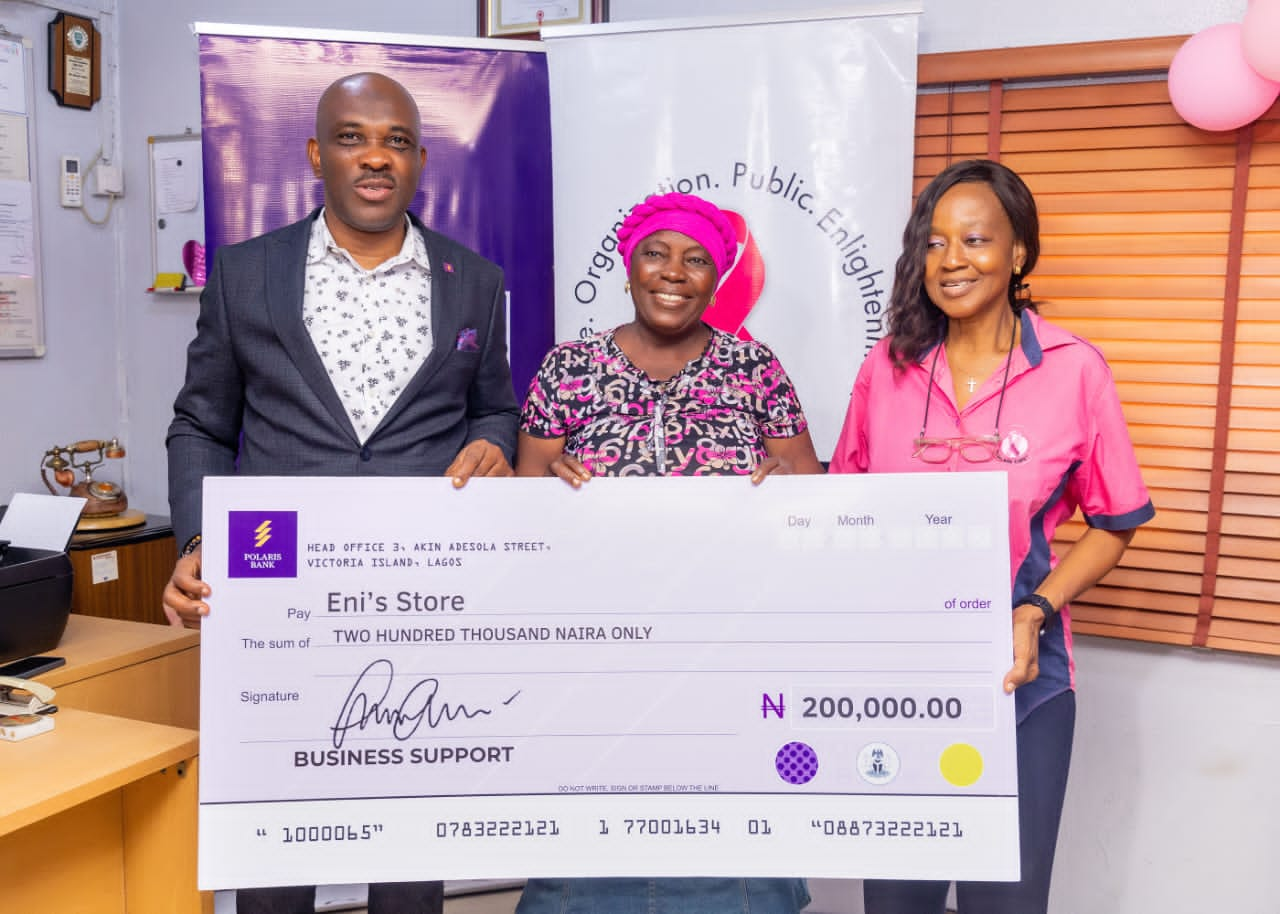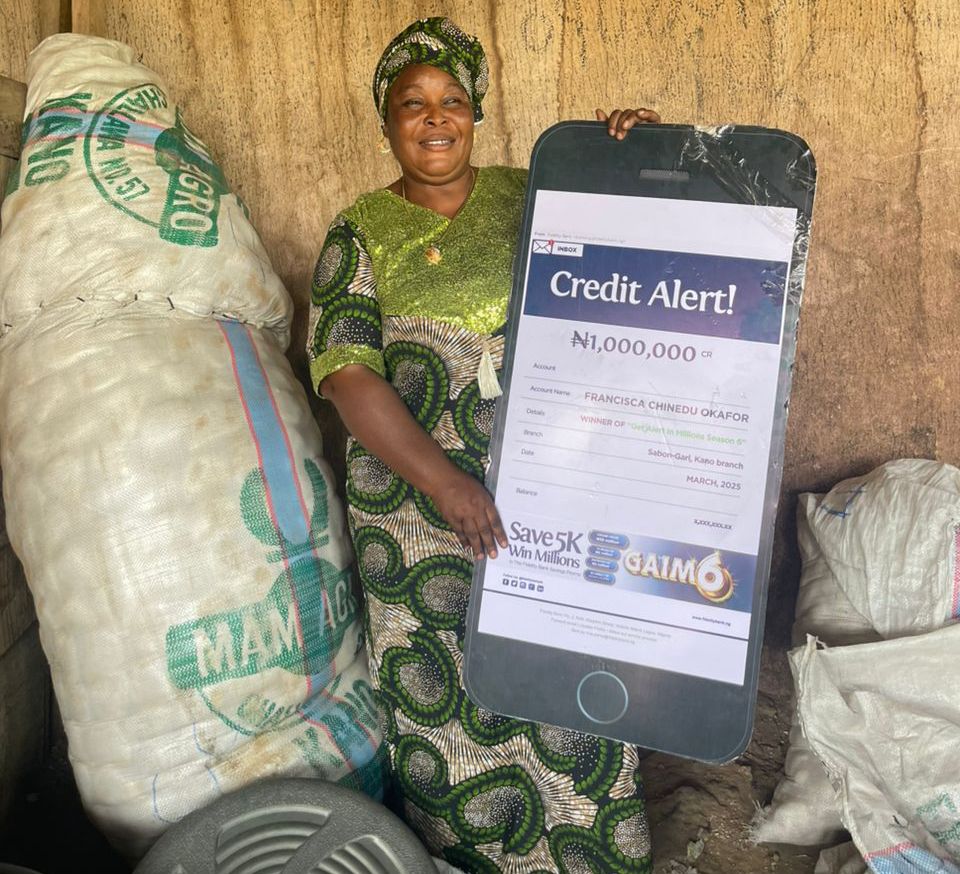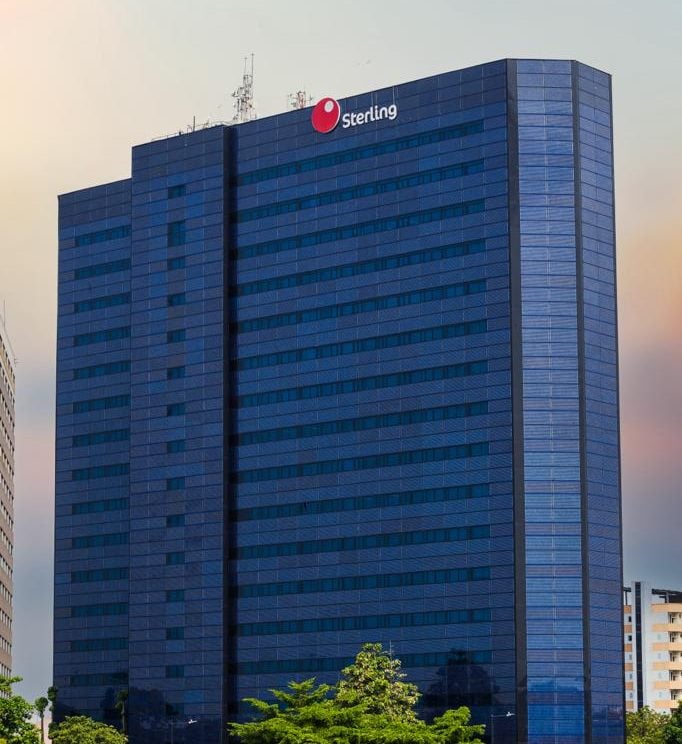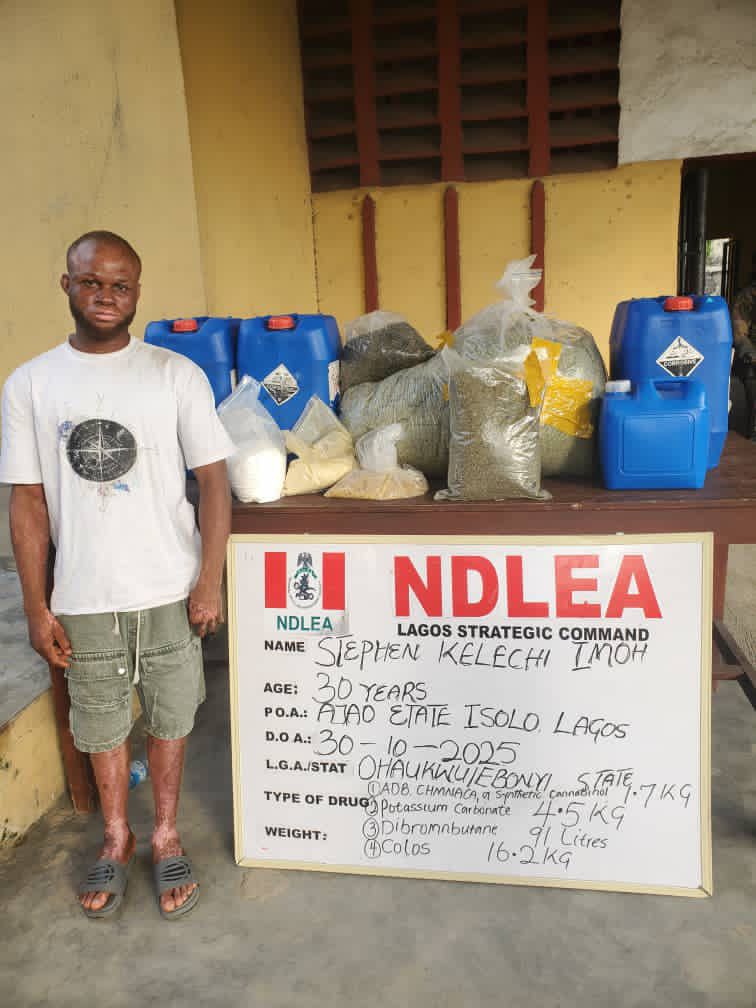DisCos will need subsidiary companies under the 2023 Electricity Act – Expert
4 min read
DisCos will need subsidiary companies under the 2023 Electricity Act – Expert
By Admin
🌿 Ruzu Non-Alcoholic Herbal Bitters
Ruzu Non-Alcoholic Herbal Bitters is a natural health supplement specially formulated to:
- ✅ Promote general wellness
- ✅ Detoxify the body
- ✅ Support the treatment of various ailments
Made from a powerful blend of 100% organic and medicinal herbs, Ruzu is completely alcohol-free, making it ideal for:
- 👪 All age groups
- 🌱 Health-conscious individuals
- 🌿 Anyone seeking non-alcoholic herbal remedies
Whether you're looking to boost your vitality, cleanse your system, or support healing the natural way, Ruzu Bitters offers a trusted herbal solution.
Successor distribution companies (DisCos) whose operations cover more than one state are expected to create a subsidiary distribution company responsible for electricity distribution in that state.
There will be a full transition of regulatory authority from the Nigerian Electricity Regulatory Commission (NERC) to a state electricity regulator, where a state has established its own electricity market.
The process of tariff setting at the DisCo level needs to be clarified. This is to ensure that a DisCo regulated by a state electricity regulator continues to fulfill its contractual obligations to the federal electricity market participants.
As part of the newly signed Electricity Act, distribution companies (DisCos) operating across multiple states in Nigeria will be required to establish subsidiary distribution companies.
This is according to the Chief Executive Officer of New Hampshire Capital Limited and the lead consultant on power for the Nigeria Governors Forum. He said this while discussing insights on the Electricity Act recently signed by President Tinubu.
Odion Omonfoman told Nairametrics that under the Electricity Act, there will be a full transition of regulatory authority from the Nigerian Electricity Regulatory Commission (NERC) to a state electricity regulator, where a state has established its own electricity market.
Successor distribution companies require a subsidiary
According to him, successor distribution companies (DisCos) whose operations cover more than one state are expected to create a subsidiary distribution company responsible for electricity distribution in that state. Meanwhile, the new company and its operations within the state will be licensed by the state electricity regulator.
He said that the framework for the regulatory transition of a successor DisCo’s operations in a state to the state electricity regulator needs to be developed in order not to cripple the Nigerian Electricity Supply Industry (NESI) or cause unintended legal challenges to the Federal Government.
He stated: “Successor DisCos have existing contractual and financial obligations and huge financial liabilities to third parties, the Market, and to the Central Bank of Nigeria (CBN). In addition, core Investors in DisCos who may not be comfortable with operating under state regulations may trigger a force majeure based on “change in law” provisions of the privatization sale contracts.”
DisCo tariff setting should be clarified
Omonfoman also said that the process of tariff setting at the DisCo level needs to be clarified. This is to ensure that a DisCo regulated by a state electricity regulator, continues to fulfill its contractual obligations to the federal electricity market participants – Nigerian Bulk Electricity Trading (NBET), Independent Systems Operator (ISO), Nigerian Electricity Regulatory Commission (NERC), and the Transmission Company of Nigeria (TCN).
He also noted the establishment and licensing of the Independent Systems Operator (ISO). The ISO merges the Market Operator and System Operator functions of the Transmission Company of Nigeria (TCN) into a single entity independent of the TCN.
Licensing
Under the 2023 Electricity Act, there are provisions for the licensing of mini-grids. According to Omonfoman, the licensing of mini-grids and Independent Electricity Distribution Networks are subject to state electricity laws. State electricity boards, where they exist, are to license mini-grids and provide the framework for the operation of such licensees.
He stated further that state licensees are prohibited from engaging in inter-state or cross-border generation, transmission, and distribution of electricity. Omonfoman also highlighted the fact that the Electricity Act notes the disaggregation of distribution licenses into supply and distribution licensed companies, which is subject to NERC’s determination of the right market timing for such disaggregation to occur.
Read Also:It has come In full circle – Keyamo mocks IBB, Obasanjo over Tinubu presidency
5% revenue for host communities
According to Omonfoman, the Electricity Act requires the setting aside of 5% of all revenue accruing from power generated by the various power Generating Companies in Nigeria (GENCOs) for the development of the respective host communities. The funds set aside will be administered by the Hydroelectric Power Producing Areas Development Commission (HYPPADEC).
Source: Nairametrics




